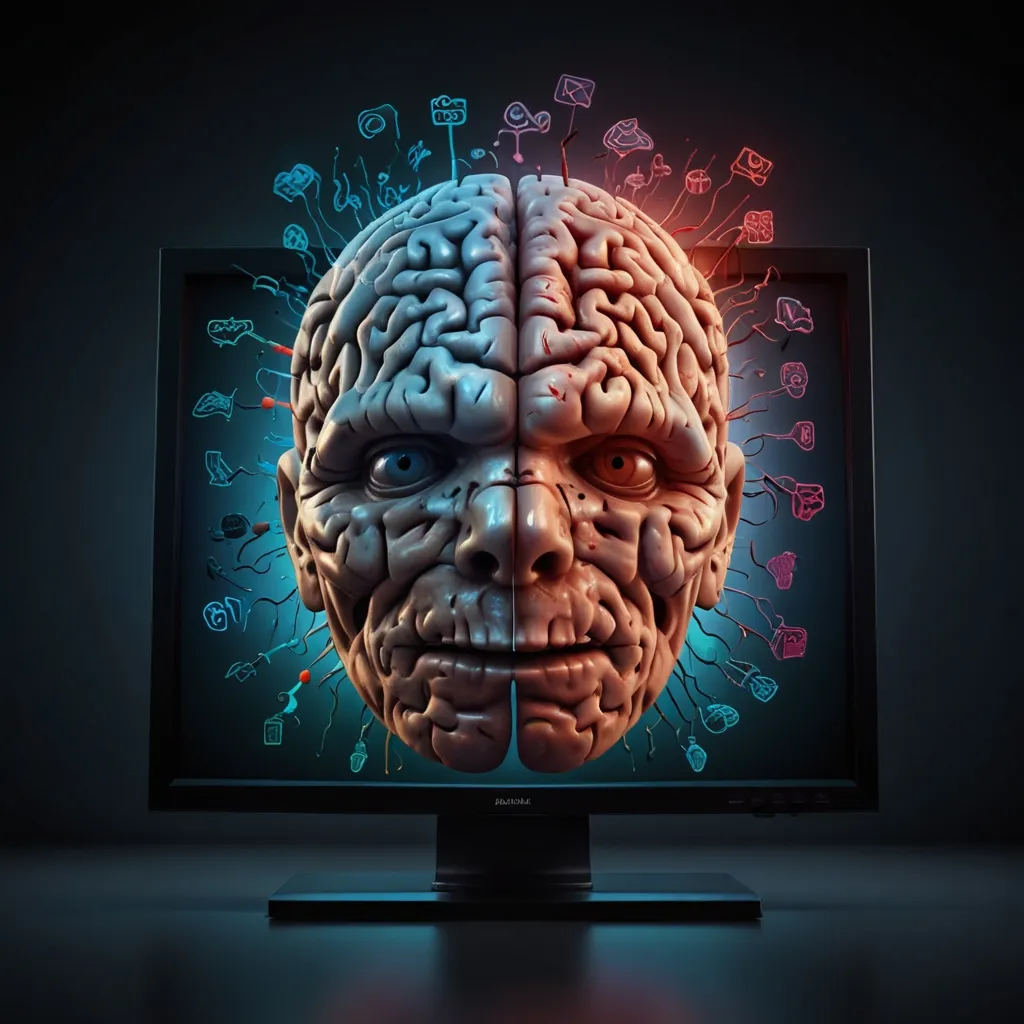The notion that TV can mess with our minds is both intriguing and a tad unsettling. Basically, what we watch can change how we think, feel, and act. This has been a hot topic in various studies, shining a light on media’s strong grip on our brains.
One major point is how TV shapes what we think is normal or cool. By showing certain behaviors and lifestyles over and over, TV can make them seem everyday or even desirable. Think about it: if a show keeps making something look acceptable, chances are you might start seeing it that way too. This hits even harder for kids and teens who are still figuring out their core beliefs and values.
TV can also play with our feelings. Dramatic scenes, background music, and even the way hosts talk can stir up strong emotions. This kind of emotional tugging can sway our opinions or set a certain vibe. Ever seen a heartwarming ad that makes you feel all fuzzy inside? It probably made you more likely to buy what they’re selling.
Then there’s the idea of subliminal messages – those sneaky, hidden messages we don’t consciously notice but that can still nudge our behavior. There’s debate over how effective these are, but some studies say they can subtly influence us. Like, if a show quickly flashes “buy now” so fast you don’t see it, you might still feel an urge to shop.
Another thing is what’s called the “cultivation theory.” This one says that the more TV we watch, the more we might believe that what we see on TV is really how the world is. Watching tons of crime dramas could make you wrongly think crime rates are through the roof, just because that’s what’s always on the screen.
TV’s influence doesn’t stop at individual shows – it seeps into our culture, shaping societal norms and values. TV shows set the tone for what family life, relationships, and even political views should look like. Over time, this shapes how society thinks about these big issues.
On top of all this, tech is making TVs even more interactive. Brain-controlled TVs are emerging to help people with disabilities. These gadgets read brain signals to control the TV, giving folks with limited mobility a way to watch what they want. Cool, right? But, this also brings up worries about privacy. If TVs can read our brain signals, what else can they do? Could they twist our thoughts or emotions more directly? These are speculative concerns, but they highlight TV’s potential power to impact our minds.
In a nutshell, the idea that TV can control our thoughts is complex and layered. From shaping what we see as normal to tugging at our feelings, TV definitely messes with our minds. As tech keeps pushing forward, it’s crucial to think about the ethical side of these advancements and how they’ll shape our future media interactions.






